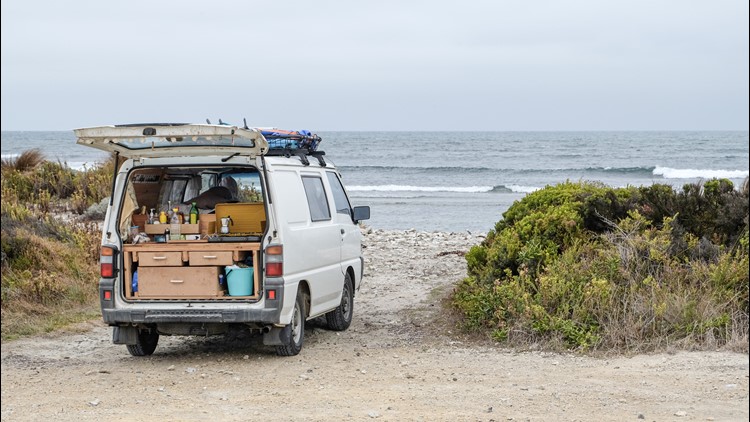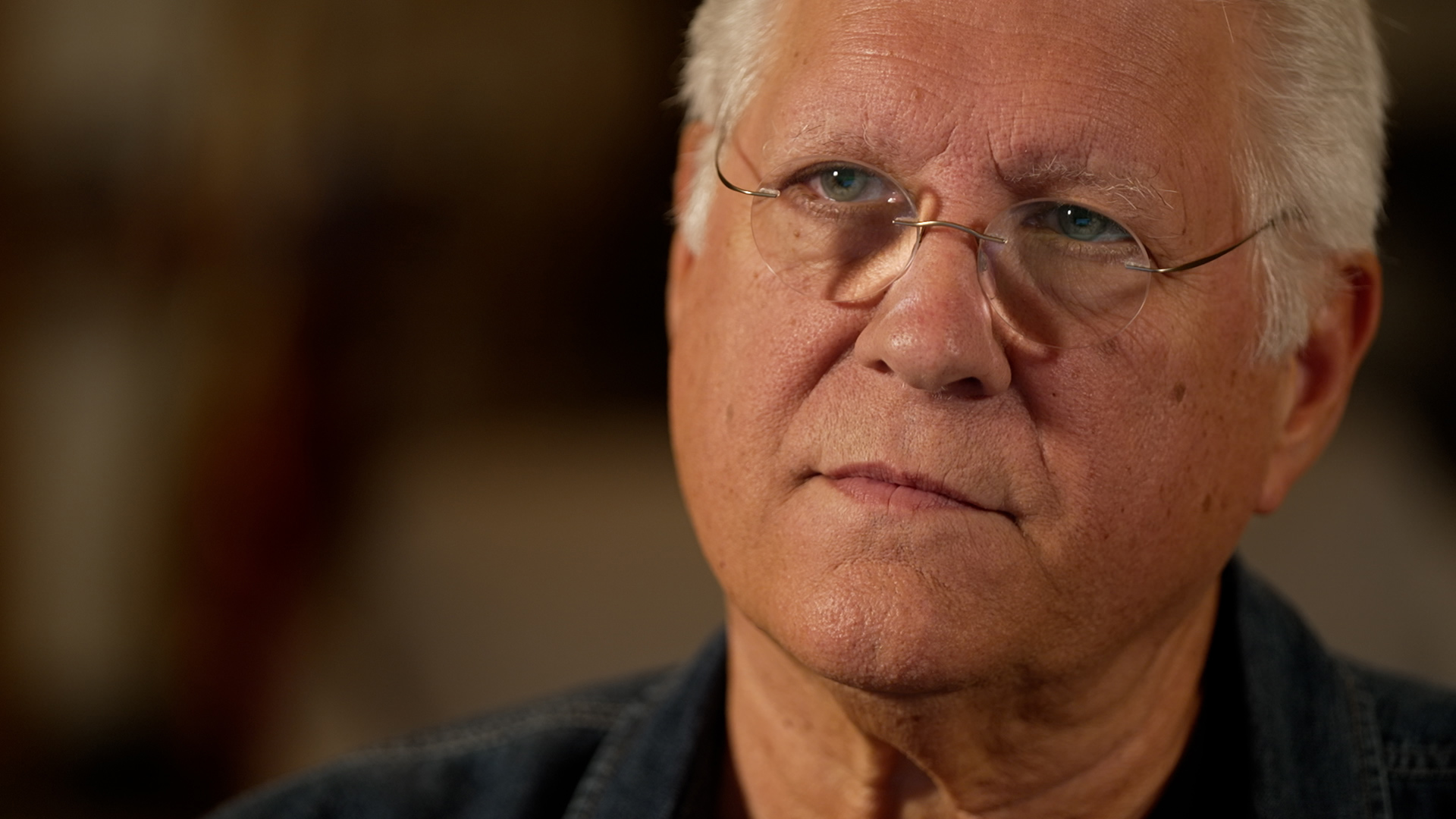LIVINGSTON, Texas — There are thousands of people “living” in Texas who may never, ever set foot in the state. They can get a driver’s license. They can register their vehicle. They can enjoy the absence of a state income tax. They can even vote.
These ghost residents are part of a growing culture whose adherents have traded their brick and mortar homes for shelter on wheels.
“I really do think it’s not just about RV or van living or nomadic life, it’s about shaking off the idea that there’s one way to live,” journalist Chris Moody told the Jasons on the latest episode of Y’all-itics. “We don’t have to have this 1950s idea of the house and the picket fence and the job that you have for 40-years. What job do you have for 40-years anymore?”
To hear the full conversation with Moody, subscribe wherever you get your podcasts: Apple Podcasts | Google Play | Spotify | Stitcher | Amazon Music
(Story continues below.)
Journalist Chris Moody would know this lifestyle. He and his wife lived it for a couple of years.
Moody has written for a number of organizations, including everything from the Washington Post and CNN Politics to The New Republic and Yahoo News.
He said he wanted to tell stories about folks from all across the country and was motivated to embed in communities that think differently about living and traveling. But he and his wife had to figure out a way to afford it. So, they bought a van and built it out, with solar power, water, and just 72-square feet to live in.
“We basically gave away just about all of our possessions, sold what we could. And we move into this, I guess you could call it a tiny house on wheels, and lived in it for two years,” Moody said.
Moody said he and his wife traveled around 50,000 miles and came across a number of distinct American subcultures. Members of one such group are now called digital nomads.
If you’ve had to work from home during the pandemic, you know this lifestyle. Just imagine your home being on the road.
“Technology has really caught up to the culture in a way that allows people to live wherever they want while they’re working,” said Moody.
Another of these groups is one of the largest and oldest RV clubs in America. The Escapees RV club has some 60,000 members. And if you check out their website, you’ll notice a mailing address right here in Texas.
Thousands of “SKPs,” as members are known (say the letters out loud), “live” in Texas even though they may never set foot in our state. Club members can sign up for a physical address in Livingston, Texas, north of Houston, where they live on paper and have all of their mail delivered.
“They have their domicile in this one building in Texas where all of their mail goes," said Moody. "And we’re talking an 18-wheeler semi-truck every day backs down into this building, delivering tens of thousands of pieces of mail where 10,000 or so people live, but never go.”
It’s all perfectly legal. And it could have far reaching consequence from population size to voting.
“You have a town nearby, Livingston. It’s about 5,000 people. Well what do you do when 10,000 ghost residents suddenly vote,” Moody said.
Think of the Escapees RV Club as a huge lobbying group for folks who live on the road. Moody found that they are well versed in each state’s laws, so they know exactly what they can do and how to do it. The Escapees have even successfully defended some aspects of the lifestyle at the Texas Supreme Court.
“They will give you a CPA. They will give you an attorney that can help you file your taxes and can help you answer difficult questions. They’ll do all of these services for you that make it possible to live nowhere and everywhere at all. And it’s growing like crazy in the past couple of years,” Moody explained.
For the folks on the road, the lifestyle is the ultimate form of freedom. But before you consider selling everything and hitting the road, Moody has some advice because he said it does come with some tradeoffs.
“You are basically camping forever. And so, one of the first questions I always ask when someone says, 'oh, I want to live in a van,' is 'do you like camping?' And sometimes they’re like, 'oh no.' I’m like, 'well, you’re going to hate this.'”
You can check out Moody's nomadic journey with his wife on their Instagram account.



